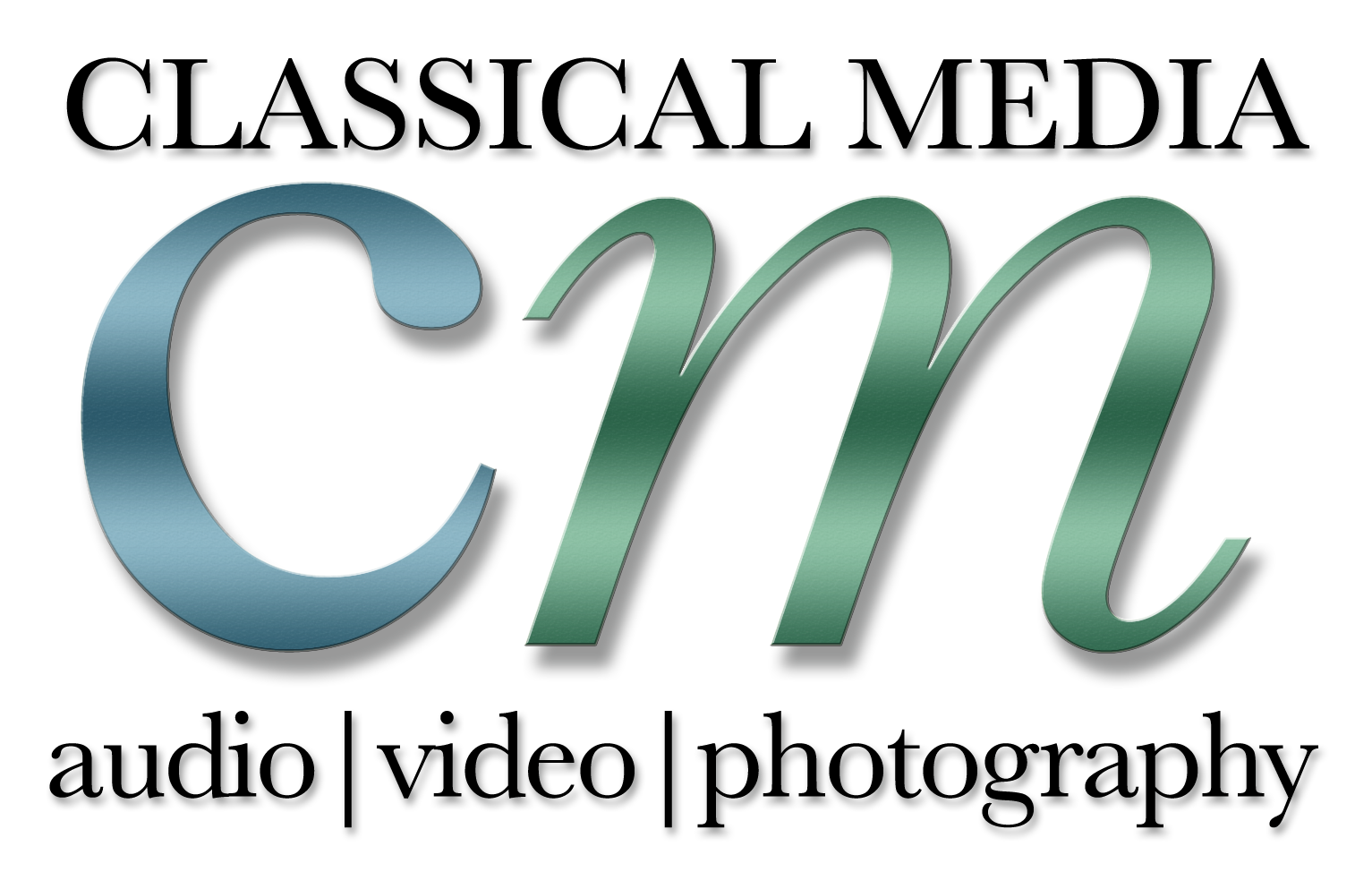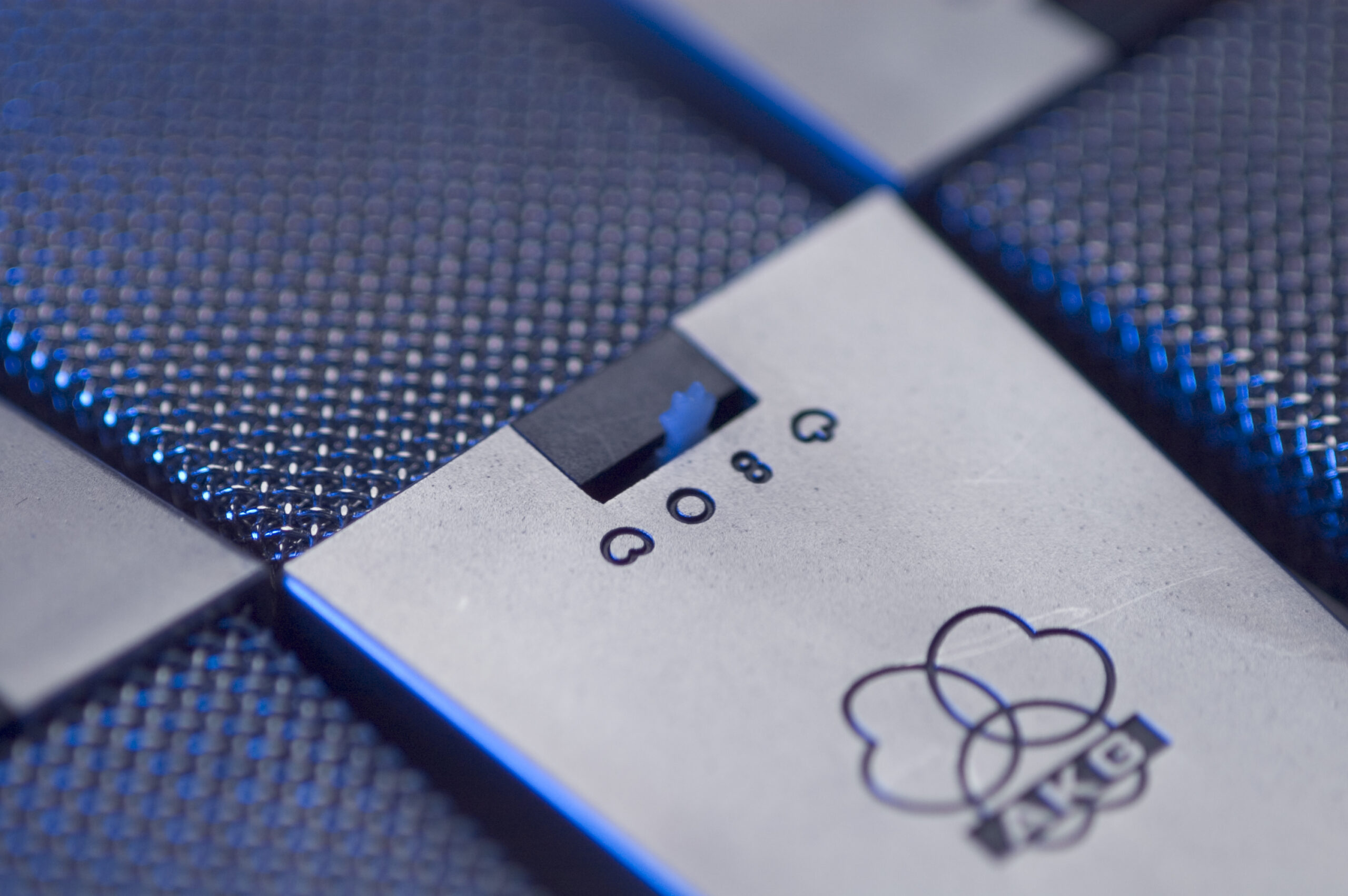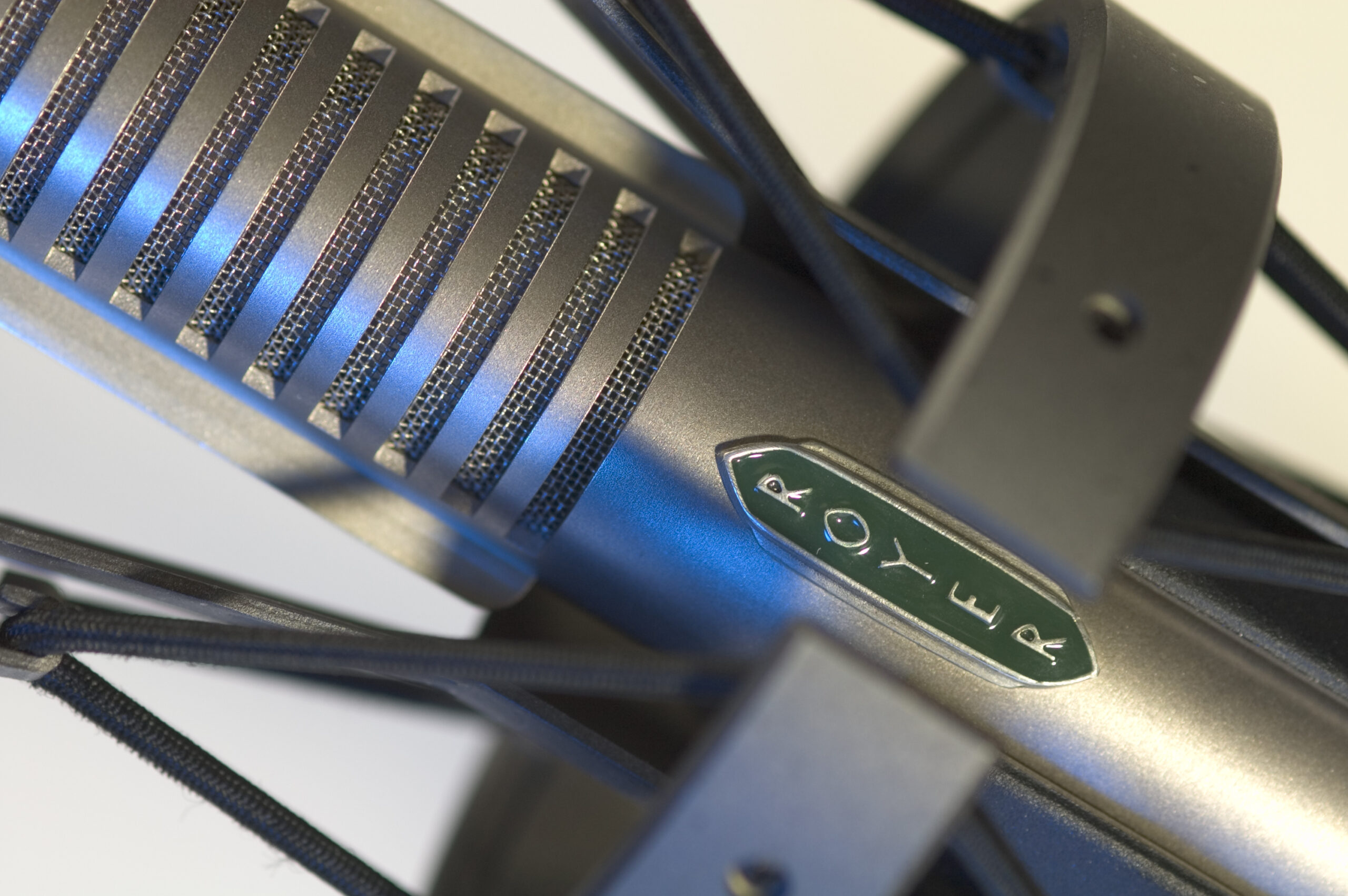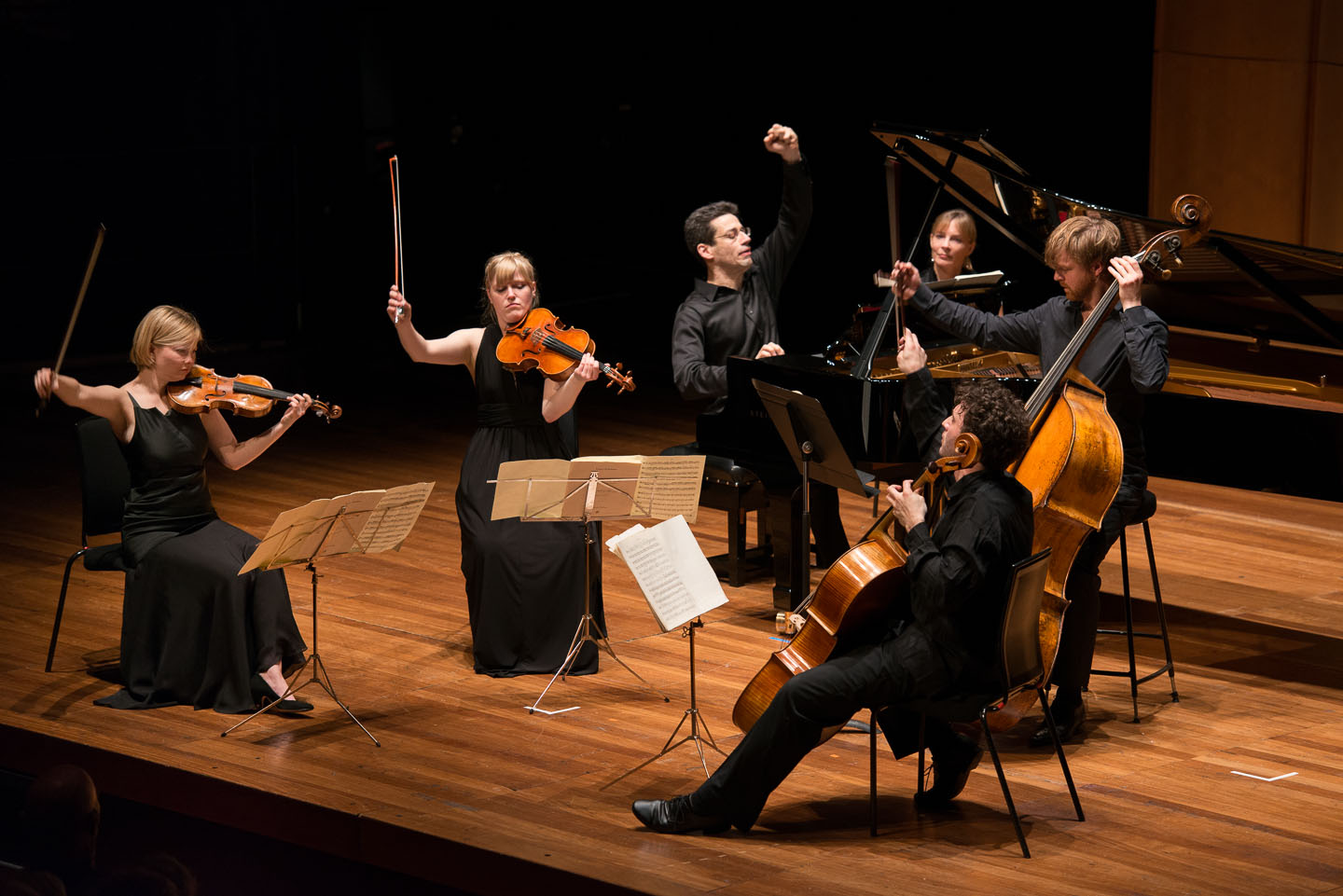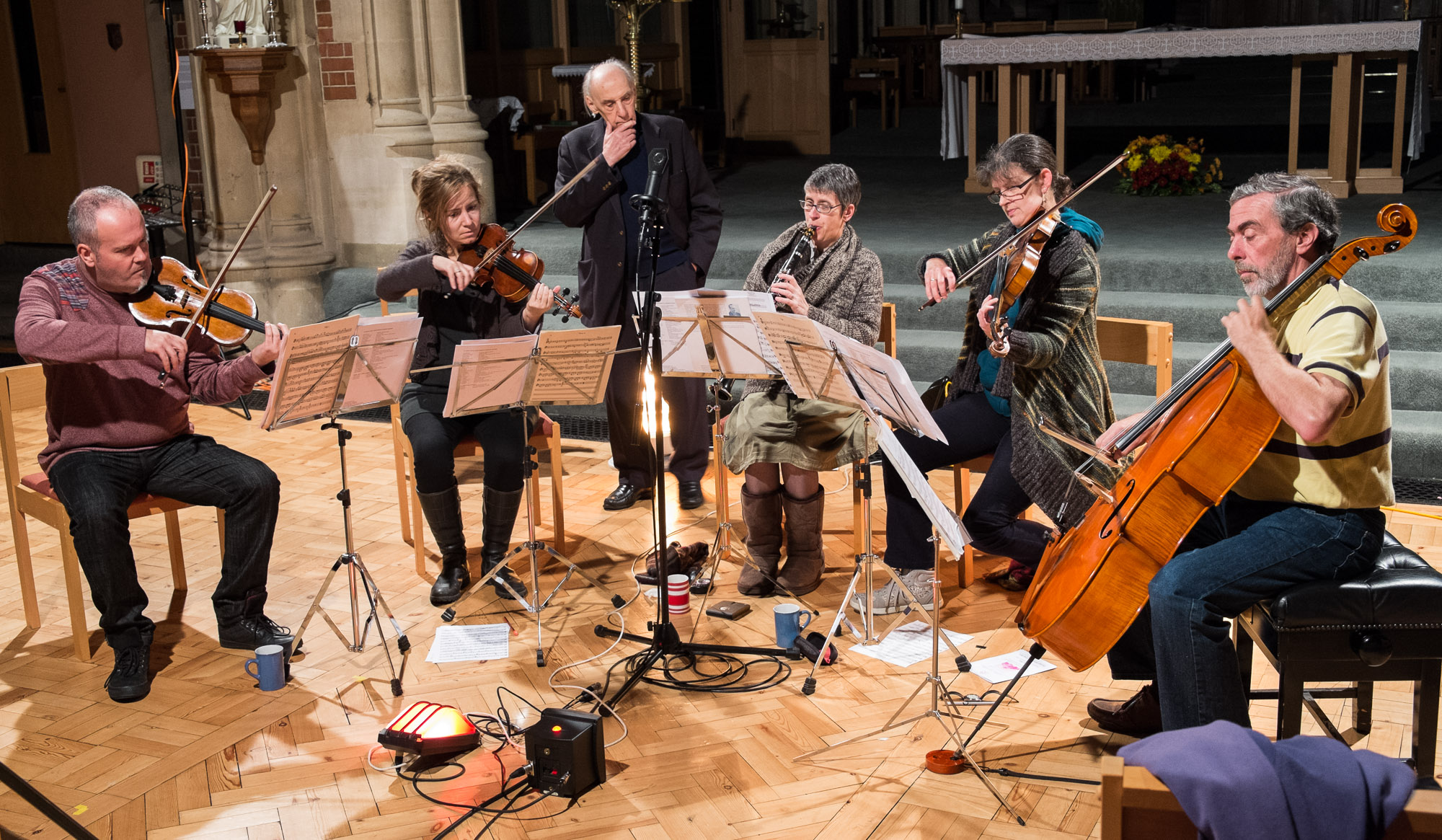Audio Recording
Classical Media provides a full range of audio location recording services aimed principally at the classical music industry. With more than 30 years of experience, an expert team and a wide selection of state-of-the-art equipment, we are able to cater for almost any recording scenario from a solo recital to a fully staged opera.
Concert Recording
In many ways, faithfully recording a live concert presents the ultimate challenge to a sound engineer – capturing the excitement of a live event but at the same time maintaining the high sound quality demanded by a listening public used to carefully controlled studio recordings.
Recording companies offer live recording services at widely differing costs. Often, at the cheaper end, you will simply get someone with a single pair of microphones and a recording machine who may well sit in the auditorium with a pair of headphones. The results can be very disappointing and often bear little or no relation to the live event. This is in part to do with the human brain’s remarkable ability to simultaneously process the sound we hear together with what we see and know, to produce the desired result – thus it is possible to sit anywhere in a concert hall from the front row of the stalls to the back of the gallery and still enjoy the performance. Just imagine the sound captured by a microphone at the back of the gallery – distant, indistinct and unfocussed.
The live recording services offered by Classical Media provide a more sophisticated solution, using carefully considered multiple miking techniques similar to that used by the BBC, and we often describe the results we achieve as being of “broadcast standard”. It is for this reason that venues such as St. John’s, Smith Square and Wigmore Hall recommend our services. Of course this comes at a price but we are confident that our live recording packages represent excellent value for money.
Most live recording is done on an archival basis – that is to say that the recording is being made on behalf of, and with the explicit consent of both the performers on stage and the concert venue. Such recordings are not for commercial release but are intended for the sole use of the performers and the concert promoters. The microphones we use will not be invisible but we aim to be discreet and their presence should in no way spoil the audience’s enjoyment of the event. We always use the rehearsal on the day as a balance test and to finalise microphone positions and stage layout, though as part of an archive recording the rehearsal is never recorded. As part of our fixed price archival recording packages we also edit the concert to remove excessive pauses etc to produce a finished stereo recording delivered online or on CD-R within a few of days of the concert.
Commercial live recording differs from archival recording in several ways. Both performers and concert venues will normally charge a recording fee by way of releasing the rights to the commercial use of the recording. We may well record to multitrack in surround as well as stereo, and would normally record as much of the rehearsal as possible to give us extra material at the editing stage. It is also not uncommon to record more than one concert where the same repertoire is performed in the same venue, and to arrange patching sessions after the concert to tidy up certain sections.
We also offer archival multi-camera video packages for live concerts that can be used to produce promotional films or commercial DVDs and to create high quality web clips for use on social media. All our video productions come with the same high quality audio recording that we are bring to our audio only productions.
Key things to remember are:
- Artists, promoters and venues must be informed in advance that the concert is to be recorded
- We are familiar with the majority of London venues but if going to a new venue we will preview it at no cost to you
- We aim to capture faithfully the live event
- We will attend the rehearsal as a balance test
- Where possible main microphones will be slung to be visually discrete
- We are well known for our efficient rigs and de-rigs
- Optional surround recording as well as conventional stereo
- Archive recordings are edited to remove unwanted gaps etc
- Master provided as wav files via Dropbox or on CD-R
- We also offer audio and video packages for DVDs and online use
- We observe Health and Safety procedures, fire regulations, and have public liability insurance
Case Study: Mahler Symphony No.8 “Symphony of a Thousand”
Saloman Orchestra, Huddersfield Choral Society, Crouch End Festival Chorus and the Finchley Children’s Music Group conducted by David Temple at the Royal Festival Hall.
Mahler’s symphony of a thousand – so called because he requires the services of over one thousand performers on stage – is probably the most complex symphonic work to record. As well as orchestra, soloists, and chorus the score includes semi-chorus, children’s chorus, piano, celeste, organ and off-stage soloist. The recording rig required four staff and included 10 slung microphones and a further 12 spot microphones on stage.
This was Conductor David Temple’s reaction on hearing the recording:
“Just listening (second time through!) to the Mahler and wanted to get in touch immediately to wish you all a heartfelt ‘congratulations’. It must be the most difficult piece of all to record and you have done a super job.
I am so fortunate to have as a profession what would otherwise be my hobby and therefore to have a performance and a recording of the Mahler to have with me for the rest of my days is indeed more than anyone deserves!!!! Thanks for capturing this for all of us…”
Small Venues
from- Wigmore Hall
- St John’s Smith Square
- Purcell Room
Medium Venues
from- Cadogan Hall
- Queen Elizabeth Hall
- Fairfield Hall, Croydon
Large Venues
from- Royal Festival Hall
- Barbican
- Symphony Hall
Recording Sessions
Recording sessions are the starting place for almost all commercial and privately released CDs and downloads. In their simplest form they are a collaboration between the performers and the recording crew to produce recorded material that with varying degrees of post-production will form an album.
This collaboration is the most important aspect of successful sessions and it begins right at the planning stage when repertoire and venues are discussed – appropriate choice of venue can make all the difference to sessions, not only in acoustic terms but also in how the performers feel in the recording space.
For all sessions we provide both an engineer and producer – two separate people to do two quite distinct jobs. The role of the engineer is to look after the technical aspects of the recording – microphone selection and location, music balancing or mixing and management of the tapes, CDs or hard-discs. Our engineers are all musically trained, can read scores and understand the complexities of music of all types and will discuss your particular requirements, likes and dislikes.
The complimentary role of the producer is to ensure the smooth running of the sessions, sort out any problems as quickly as possible and make certain that the required repertoire is recorded to the highest possible standard in the available time.
But above all the producer must quickly win the trust and confidence of the performers, allowing them the freedom to concentrate on the performance. The producer will guide the artiste through the session doing play-backs, re-takes and patches as required, often out of sequence, but always in the knowledge of what can be achieved in post-production. With this careful production a performer should be able to achieve a performance well in excess of his or her expectations and with good pre-session planning come away with all the material recorded in the allotted time without resorting to a sense of panic or long over-runs !
Traditionally sessions are run in 3 hour blocks with a short break in the middle, with two such sessions per day – this is the standard format laid down by the Musicians Union in the UK but doesn’t have to be followed rigidly and we will always aim to be as flexible as possible. However as a rough guide you should allow a minimum of 3 hours session time for each 20 minutes of finished music. This assumes that the repertoire is well rehearsed and should be reduced to 12 to 15 minutes finished music per session if you expect to rehearse-record or anticipate tuning difficulties as might be found in baroque or difficult contemporary music. This means that usually a full 80 minute CD will require a minimum of two days recording, but more often three days. These are usually consecutive days but this is not essential and we have systems for re-creating microphone placements and mixes so that a project can be continued after a break of many months if necessary.
As well as the microphones, mixers and recording machines, for sessions we provide both talk-back, so that both the engineer and producer can speak with the artistes, and a red cue light to ensure that the artiste knows when we are recording (and to help get the adrenaline flowing!)
Recording Sessions
from- Includes producer, engineer and all audio recording equipment required
- Excludes travel to/from venue, subsistance and overnight expenses
